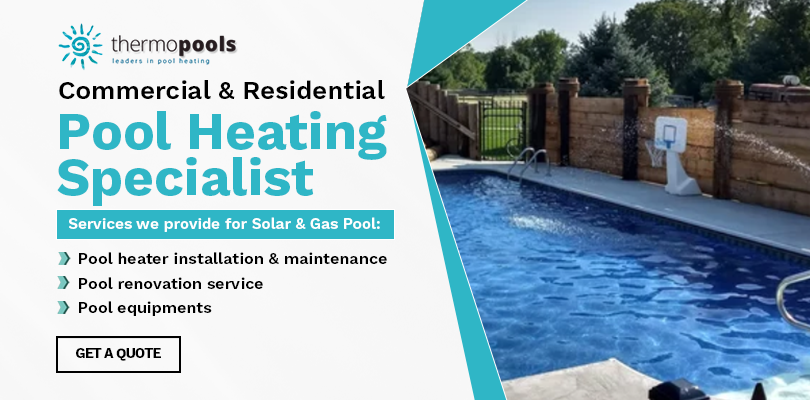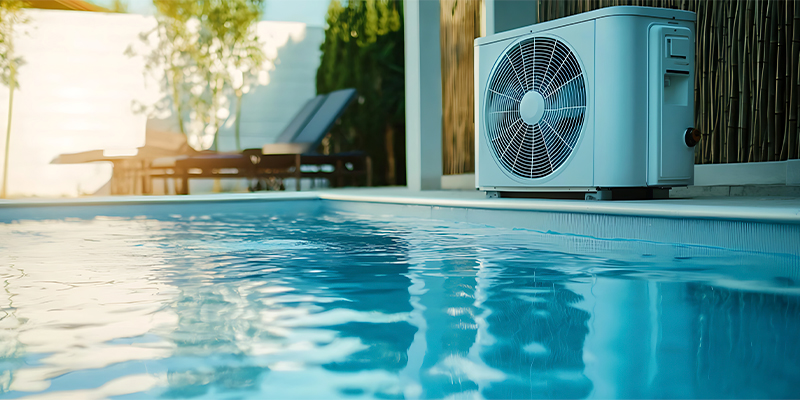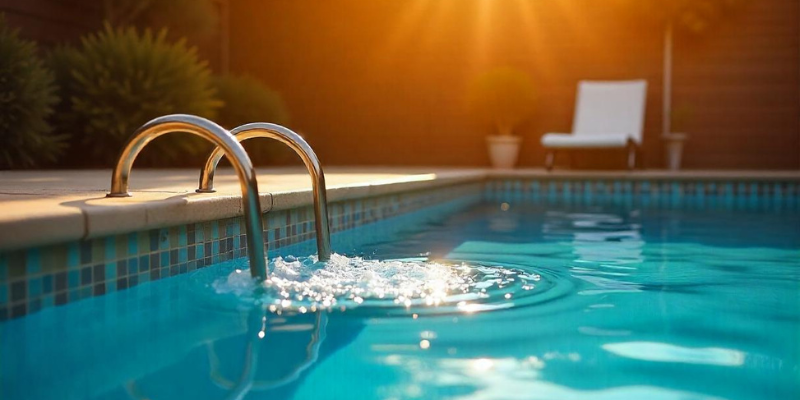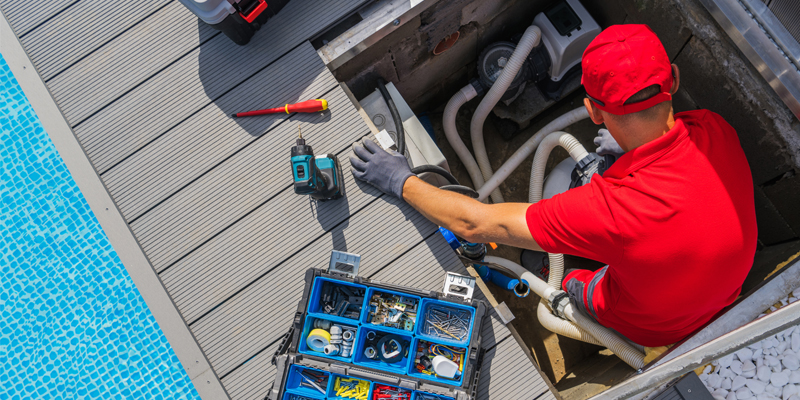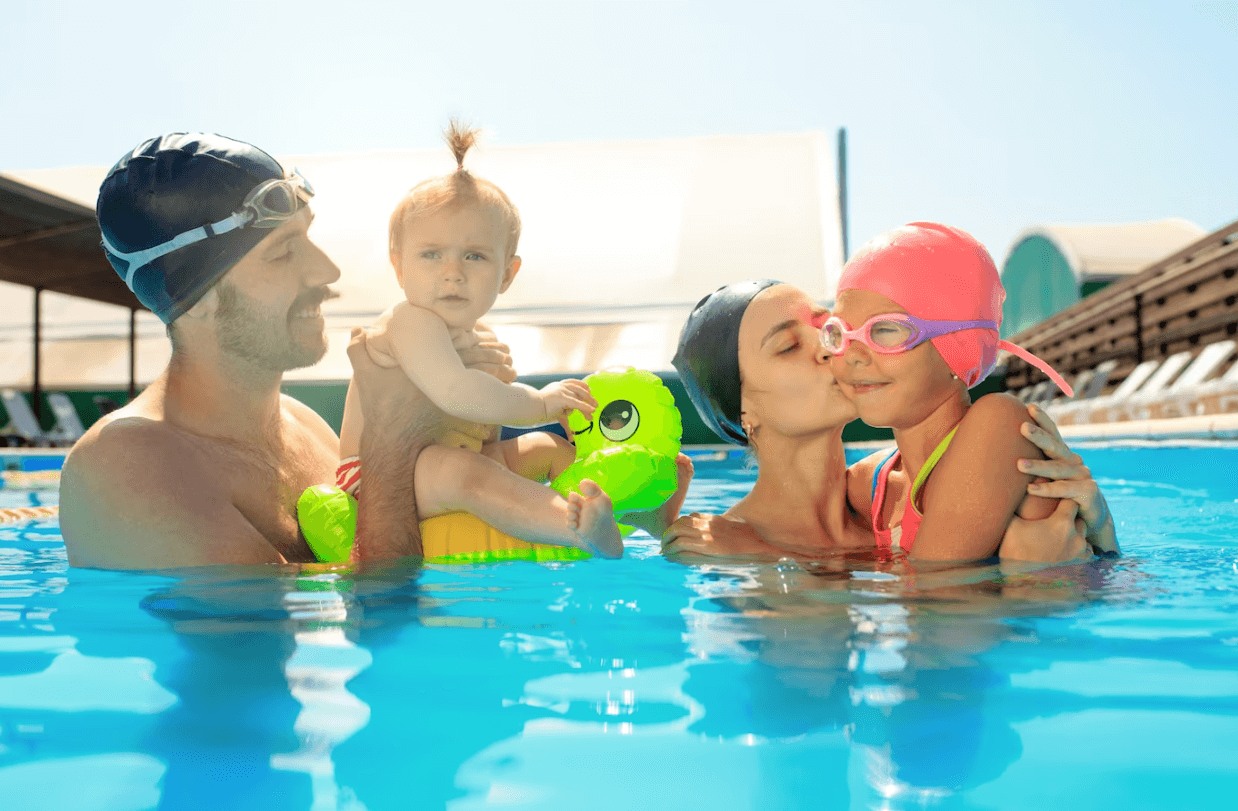
Suppose you have ever dived into a swimming pool only to discover that the water is too chilly! A heat pump could be the solution for you. With a heat pump, you can extend your swimming season and enjoy more hours of leisure and fitness in the comfort of your backyard pool. However, it’s essential to understand the correct time to operate your heat pump to maintain a warm and cosy pool temperature. Knowing the heat pump’s running times is essential for a pool owner. So, let’s understand the topic in more detail.
If you’re considering heating your pool using a heat pump, it’s essential to consider factors such as the pool’s surroundings, weather conditions, size, the volume of water, and whether it has a pool cover. All of these can affect the ability to achieve your desired temperature. Heat pumps don’t produce heat; they extract heat from the surrounding air. Thus, the operation and runtime of your heat pump will depend on the surrounding environment and weather conditions. Therefore, setting a standard heat pump runtime for all pool heat pumps isn’t practical.
The two vital factors that impact the pool heat pump runtime include:
1. Weather Conditions
As previously stated, the weather can significantly impact the runtime of your heat pump, as pool heat pumps don’t generate heat on their own. The colder the weather, the less heat your heat pump will produce, which can result in longer run times. Heat pumps tend to function more efficiently when temperatures exceed 10° Celsius.
2. Pool Covers
Using a pool cover effectively conserves energy, as evaporation is the primary cause of heat loss. A smaller heat pump may be sufficient if you have a pool cover. An uncovered pool can lose heat rapidly, resulting in a slower heat gain than a covered pool. A high-quality pool cover can retain up to 75% of the pool’s heat loss.
Calculating Heat Pump Run Time
Pool heat pumps are recognised for their exceptional efficiency. Generally, a heat pump can raise the temperature of a 32 m2 pool to 29 °C (perfect swimming temperature) within 12 to 48 hours. The size of your heat pump is also a crucial factor influencing its runtime. For every 1 kW (kilowatt) of power consumed, heat pumps generate approximately 5 kW of water heating energy per hour. So, higher kW means lower run times, as the heat pump will produce more water heating energy.
Where Can I Find A Reliable Pool Heat Pump?
If you’re searching for a dependable heat pump for your pool, your search ends here. Thermo Pools offer the finest heat pumps to guarantee a pleasant swimming experience, catering to residential and commercial pools and exceptional installation services. Call Thermo Pools today at (02) 88 50 40 30 & Check our Google Reviews and one of our experienced and friendly teammates will be happy to assist you.





